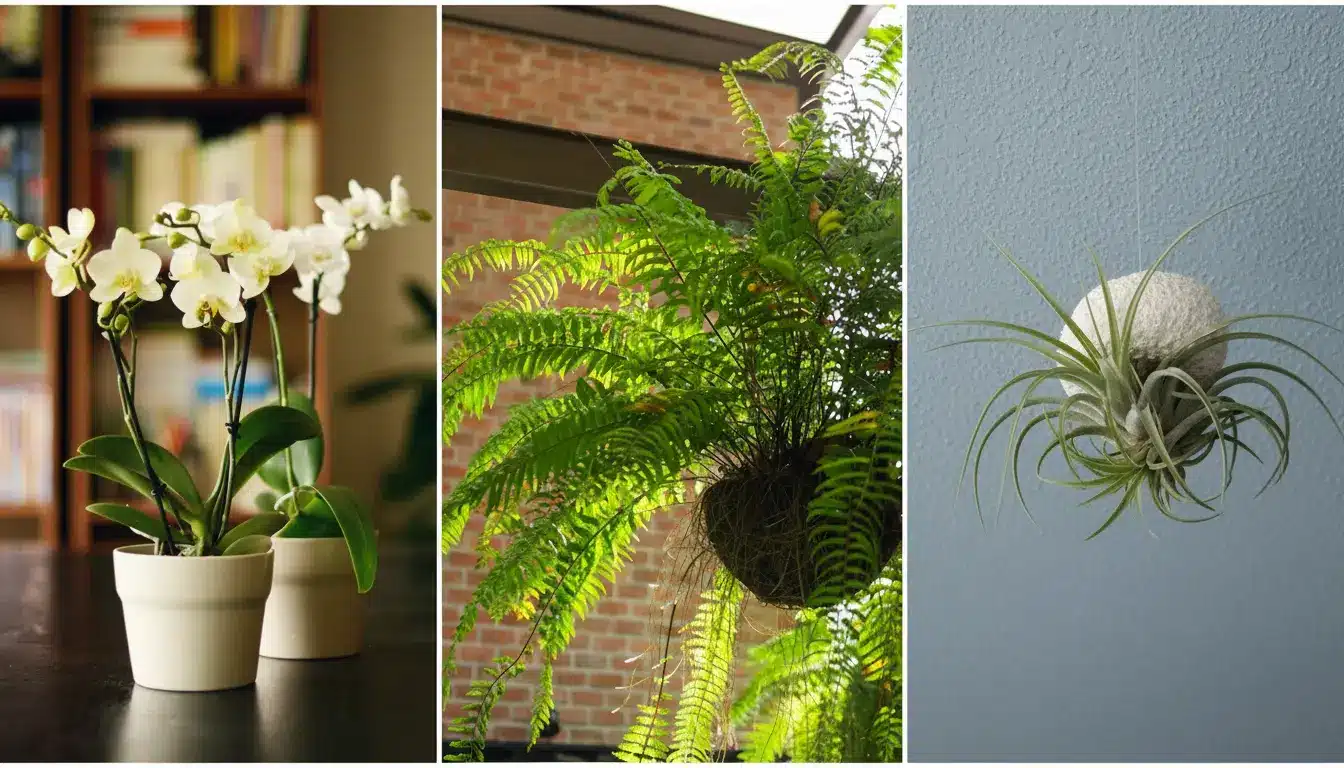Could sipping your daily brew actually put the brakes on aging? According to recent research, you might want to raise a toast—or should we say, a teacup—to a potentially powerful ally in the quest for longevity: tea.
When Science Met Tea: The Study That’s Stirring Things Up
Recent findings published in the prestigious journal The Lancet set out to answer a timeless question: Is it possible to fight aging? Researchers analyzed health data from a whopping 7,031 Chinese adults aged 30 to 79, as well as nearly 6,000 British adults aged 37 to 73. Instead of simply asking participants about their age (which can occasionally lead to an existential crisis), scientists compared tea consumption with each participant’s biological age, determined using clinical biomarkers found in the blood.
After a two-year follow-up for Chinese participants and more than four years for their British counterparts, the results began to steep—literally. The data showed that the act of drinking tea was associated with an « attenuated acceleration of biological age. » In other words, tea drinkers didn’t just feel younger playing bingo; their bodies actually seemed to be aging more slowly.
Dr. Franck Gigon, a nutrition doctor and phytotherapy specialist, called the findings « really interesting » and highlighted the likely relationship between tea’s active compounds and the sluggish pace of aging among devoted tea fans. Not a bad endorsement to pop the kettle on.
The Magic Number: How Much Tea Makes a Difference?
Curious if you need to transform your kitchen into a tea parlor to reap these benefits? The study’s data suggest not. The reduction in biological aging was observed across tea drinkers, but was especially pronounced among:
- Those who transitioned from not drinking tea to becoming tea drinkers at the start of the study
- Those who drank tea regularly
The findings even hint at a sort of « Goldilocks zone »: The greatest effects were found in people who drank about three cups of tea a day (or, for the overachievers tracking grams, 6 to 8 grams of tea leaves per day).
Why Does Tea Hold the Secret?
All this magic isn’t just wishful thinking—or clever advertising by the tea industry. Scientists believe the credit goes to a mixture of fascinating bioactive substances found in both black and green tea:
- Polyphenols: The star players, known for their antioxidant and anti-inflammatory powers
- Purine alkaloids
- Theanine
- Tea polysaccharides
- Caffeine
According to the research, polyphenols in particular have been widely studied for their role in counteracting oxidative stress and inflammation. To add another leaf to the story, polyphenols have also been reported to modulate the gut microbiota—a potential game changer for age-related shifts in immunity, metabolism, and cognitive function.
Dr. Gigon backs up these insights: “These are well-known biological mechanisms in aging. So if we act on them, tea is an interesting candidate to slow down the phenomenon.” In fact, he points out that tea’s ingredients have long been appreciated for balancing the biological effects of getting older.
Choose Your Brew Wisely—and Other Health Boosts
To squeeze the most benefit from your tea habit, the expert recommends opting for green tea, organic when possible, to minimize exposures to pesticides and heavy metals. After all, it’s not much use sipping on polyphenols if you’re counterbalancing them with hidden toxins.
This isn’t the first time tea has stolen the health spotlight. As far back as 2022, a British study discovered that just two cups of tea per day could reduce mortality risk by up to 13%. Epidemiological studies have also pointed out that tea may protect against age-related diseases, such as:
- Cardiovascular diseases
- Diabetes mellitus
- Dementia
- Cancer
Researchers from the most recent investigation note, “Our results are consistent with prior evidence showing that tea consumption can delay biological aging in humans.”
A Final Sip: Is Tea the Fountain of Youth?
Before you run to buy a lifetime supply of green tea, hold on a second—science likes to play it safe (tinfoil hats are not required just yet). The researchers themselves point out the need for further studies to clarify the precise anti-aging mechanisms in tea and its compounds, and to evaluate both their effectiveness and safety.
So while tea might not grant immortality, the evidence suggests that three cups a day could be a tasty, easy, and enjoyable step toward aging a little more gracefully. After all, even if it just gives you a moment of peace and a reason to pause, that’s already a pretty good start.

John is a curious mind who loves to write about diverse topics. Passionate about sharing his thoughts and perspectives, he enjoys sparking conversations and encouraging discovery. For him, every subject is an invitation to discuss and learn.






